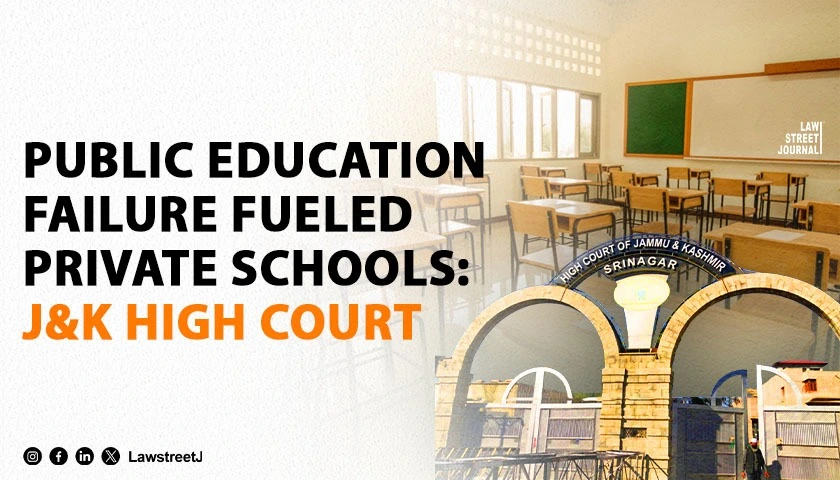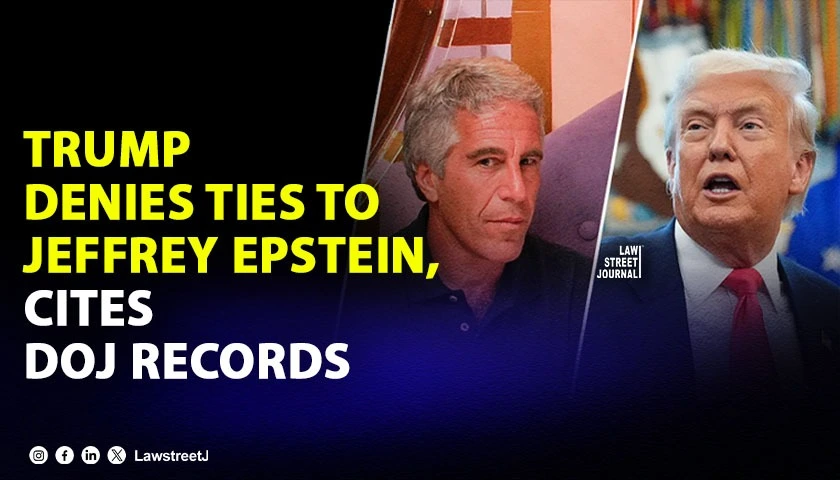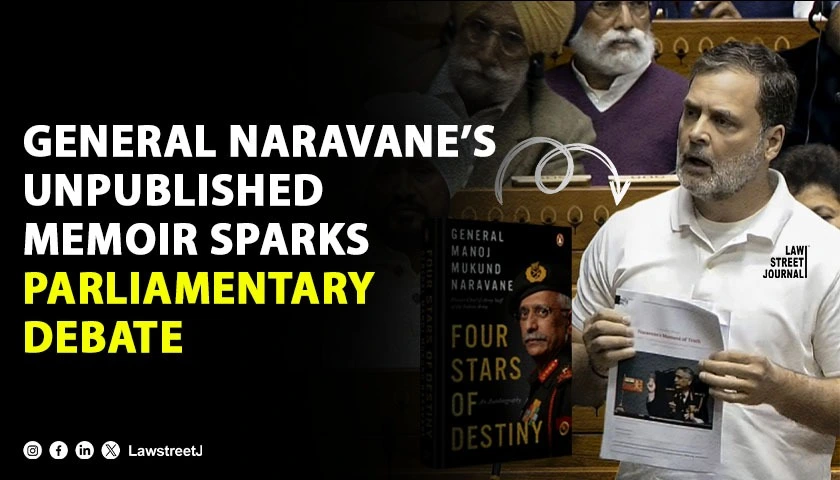NEW DELHI: Supreme Court judge, Justice Abhay S Oka on Sunday suggested the law colleges to structure their moot court problems around civil appeals and criminal appeals, saying that this would help train students in fundamental legal principles, preparing them for traditional practice and strengthening the legal profession by producing competent advocates and future judges.
In his speech as the chief guest in prize distribution function of 21 st K K Luthra Memorial Moot Court, 2025 held at India Habitat Centre here, he expressed his concerns regarding the current trend of moot court problems focusing on international law.
He advised law students not to underestimate the significance of trial court practice, calling it one of the most crucial aspects of their legal career. Furthermore, he stressed the importance of mastering the art of advocacy, which, he noted, can be best learned by observing senior lawyers argue in court.
SC Judge Recommends Moot Court Focus on Civil, Criminal Appeals at KK Luthra Moot
The judge also advised students to thoroughly study their briefs and, most importantly, to study the judge presiding over their case. He reminded them that a lawyer is an officer of the court, not merely a mouthpiece for the client, and must ensure that in the end, justice must prevail.
He commanded all girl teams present in the final round, indicating the rise of females in litigation and the judiciary. He also praised Campus Law Centre of Delhi University, which hosted the event, for providing affordable legal education and for its contribution to producing exceptional lawyers and judges.
Reminiscing about his time as a law student, he spoke about the scarcity of moot courts in his days, where students relied heavily on guest lectures from eminent lawyers.
Delhi High Court judge, Justice Amit Bansal, in his speech, advised future lawyers to prepare their cases with utmost diligence and to remain composed, never getting unsettled by questions posed by the bench.
Delhi HC judge Justice Mini Pushkarna highlighted the practical significance of moot courts, emphasising that legal education not only shapes a responsible citizen but also cultivates good human beings who can serve the aggrieved public with integrity.
Justice Harish Vaidyanathan Shankar of Delhi High Court congratulated the Luthra family, including senior advocates Sidharth Luthra and Geeta Luthra, for upholding their family legacy for the past 21 years. Advocate Gautam Khzanchi gave vote of thanks.
According to Prof (Dr) Alka Chawla, Professor-In-Charge, Campus Law Centre, SASTRA (Deemed to be University), Thanjavur emerged as the winner in this year's competition with Rs 25,000 as cash prize, books from Ekta Publications and stay at Alila Diwa Hotel, Goa.
Justice Abhay S Oka Stresses Trial Court Practice for Law Students at KK Luthra Moot 2025
Guru Gobind Singh Indraprastha University came as first runner up and was awarded Rs 20,000 cash prize and books.
The Best Memorial was won by Lloyd Law School, Greater Noida, with Rs 25,000 cash prize and books and second Best Memorial was bagged by Mahraja Agrasen College, Delhi with Rs 20,000 cash prize and books.
Himachal Pradesh NLU and Galgotia University, Greater Noida were declared as the best speaker and second best speaker respectively.
This year, the competition received participation from 127 institutions from India and abroad.
A total of 72 teams shortlisted for the competition were from various institutions, including NLSIU, Bangalore and Symbiosis Law School, ILS Law College, Pune and National Law Institute University, Bhopal.
The Competition also saw participation from international teams including, Northumbria University (United Kingdom), University of Mauritius (Mauritius), University of Zimbabwe (Zimbabwe), Tashkent State University of Law (Uzbekistan), Prithvi Narayan Campus (Tribhuvan University), Tulsipur Metro College, National Law College, Nepal Law Campus (Nepal), Bangladesh University of Business and Technology (BUBT), Independent University (Bangladesh), General Sir John Kotelawala Defence University (Sri Lanka) and University of Lagos (Nigeria)
This year’s moot problem invited teams to explore the legality of the use of artificial intelligence tools in policing, an emerging issue across jurisdictions around the globe.

















